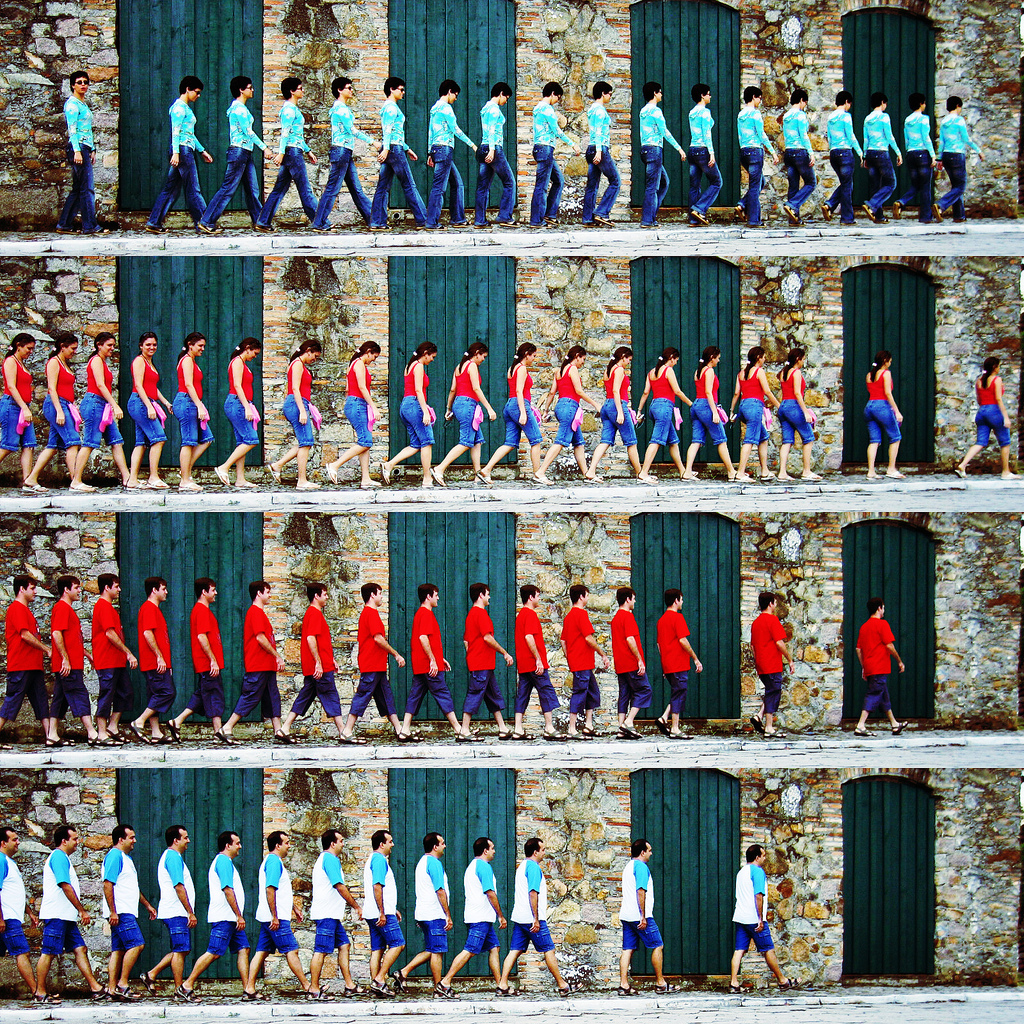
Riding on the wave of momentum generated from Conferences and Summits is something that we all aim for – to go home and set in motion all the plans that will support the outcomes and achieve the commitments made, and to set to task to create the future that they want. History shows us, however, that despite all best intentions, when one thousand flowers bloom, they do not always all survive. There are myriad reasons for why this is so, and we know many of them: related to funding and financing; capacity over time; shifting conditions (political, social, geological, etc); developments of technologies – just to name a few.
To understand those factors that have limited success and which might hamper future efforts, we must learn from the past and look at new ways of collaborating and working to achieve the outcomes and commitments made this June. If Rio+20 is to be the ‘implementation conference’ that it is being dubbed, sincere and serious efforts must be focused on how implementation can and will be achieved.
During the preparatory processes and the final days of Rio+20 itself, the longer-term focus on the bigger picture might be compromised as deadlines focus the minds to concentrate on the minutiae of the text and the narrow picture of brackets and commas. There will be a need to create the space to look at ‘life after Rio’; to focus on implementation and the actual work that will be done to ensure the legacy of Rio+20 is a true and lasting success.
To this end, Stakeholder Forum will convene the ‘What happens on Monday?’ conference on the final day of the Summit, 22 June. We will bring together a diverse range of governmental and non-governmental stakeholders alike to engage in networking, information sharing and funding planning, in order to build capacity and expertise on how to develop a post-Rio+20 work plan of implementation. Learning from examples of successful implementation strategies and sharing plans for future efforts will be a focus of the conference; as will connecting those stakeholders who will be doing the implementation work with funders that are looking to support such initiatives.
Projects and initiatives that are underway and which have already achieved success will be invited to present to participants on the following key areas:
- cities
- oceans
- green jobs and skills
- freshwater
- energy
If you would like to find out more about What happens on Monday? Or would like to submit your project to be considered to be featured as part of the conference, please contact [email protected]. Also follow www.earthsummit2012.org for updates and developments as we draw nearer to Rio+20.